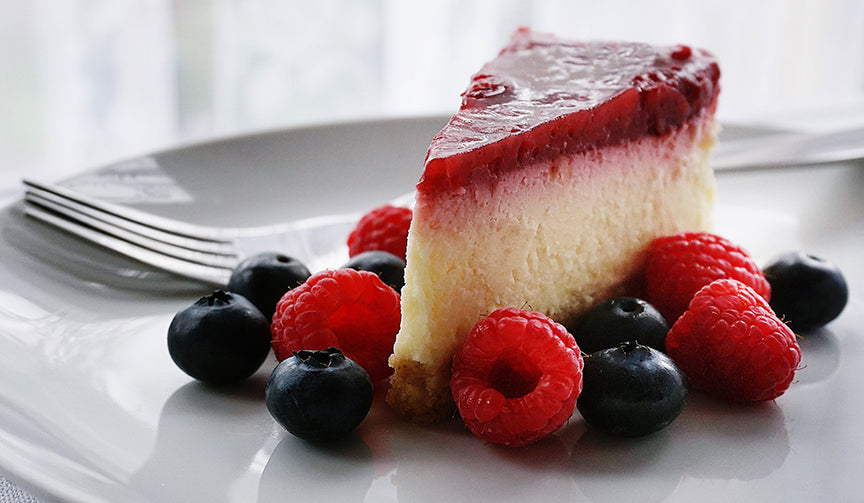Why do humans divide their meals into courses, including the enigmatic entity called dessert? No other creature on this planet engages in such culinary rituals. Merely consuming food and feeling satiated is not enough for us. We require an appetizer, a main course, and, of course, a dessert. Just as we partition our day into daytime, afternoon, and night, we assign names to things to assert a sense of control, although, in reality, we have little control over anything.
The partitioning of meals is intriguing. Food starts with light and smaller plates, then progresses to a gluttonous course on the largest plate, culminating in a sweet dessert plate. But why can't dessert be our main course while still being healthy? Why isn't a dinner plate suitable for an appetizer, or why can't we have an appetizer as a dessert? Our dietary patterns and habits no longer make sense because we have deviated so far from our natural animal instincts. We have become domesticated, creating an infinite number of absurd food groups and possibilities that do not exist elsewhere in the world.
Dessert brings joy; it tantalizes our taste buds. Especially when sugar is involved, it chemically uplifts us, temporarily masking any subsequent crash. We seldom attribute our highs and lows to sugar itself but rather to other factors.
Dessert is a delightful addition, a new chapter in our day. It serves as a conversation starter or a pleasant treat to share. It can be made at home, purchased from a grocery store, or even regarded with guilt or indifference. It represents a behavioral pattern, deeply ingrained and often shielded from negative effects by the allure of positive experiences.
Instead, let us view the food we consume as a continuous nourishment throughout the day, providing both sustenance and a touch of pleasure. Food brings people together, fostering companionship within families. Such is its importance that when provoked, even we, as humans, can become aggressive animals, even towards our own kind.
